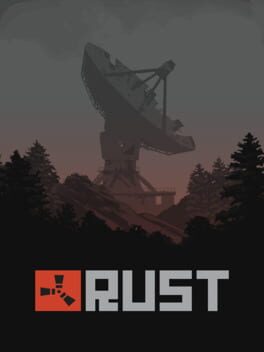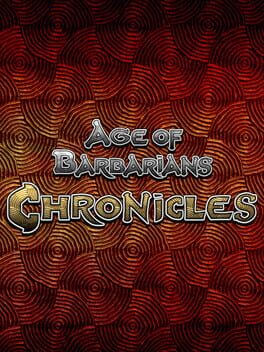Facepunch has told the community it has no plans to officially support Linux or Proton for Rust, arguing that games which support those platforms are “not serious about anti-cheat”, according to a recent Reddit thread. The conversation flared up after a Reddit user posted a screenshot showing Rust running on a server with Easy Anti-Cheat disabled, and asked Facepunch to enable EAC for Proton so Steam Deck and Linux users could play without a native build. The company responded by pointing to the work and risk of supporting an additional operating system, as well as the cheating issues that forced it to drop Linux builds back in 2019.
Here is the Reddit thread that sparked the exchange:
A plea for enabling EAC for Proton so Rust can be played on Linux PCs & Steam Decks with a flip of a switch – No recompiling or Linux builds required
byu/Scout339v2 inplayrust
Facepunch referenced its older posts explaining why native Linux support was removed, and reiterated the same core concern. As McFarlane wrote, “From that experience, I’m very comfortable saying that if a game supports Proton or Linux, they’re not serious about anti-cheat.” He expanded on the point by warning that adding Proton and Linux support opens another vector for cheat authors to exploit across platforms. “The issue is multiple, one of which addresses your comment: it opens a new vector,” McFarlane wrote. “Cheaters don’t need to use Proton or Linux, that’s the core problem. Cheaters simply have to exploit the module that Linux/Proton uses, creating an exploitable vector which is compatible on Windows for cheat users. You’re then fighting abuse of the Linux/Proton and Windows modules.”
Facepunch first dropped official Linux builds for Rust in 2019 and published an explanation at the time. The developer’s posts remain the clearest public record of the decision and the anti-cheat trade offs it weighed when it stopped supporting Linux as a platform. Facepunch’s 2019 post explaining its Linux plans walks through the technical and operational costs the studio cited when it removed Linux builds.
That reasoning will sting for Steam Deck owners and Linux adopters, who often point to Proton as a lower-effort way to run Windows games. Some studios have taken the other route. For example, a recent internal report covered how Bloober Team released a native Linux build for Cronos and supported Steam Deck users with a native build, showing that some teams are investing in first-party Linux support. Our coverage of a studio shipping a native Linux build provides a direct contrast to Facepunch’s stance and highlights how different teams are handling anti-cheat and platform support decisions.
Facepunch’s position is blunt and pragmatic. It frames the decision as a resource-and-risk calculation rather than a philosophical stance against Proton or Linux. That will not please everyone, but it explains why a studio with a large, persistent multiplayer game has chosen the path it did. If Rust does revisit the topic and finds a way to satisfy its anti-cheat needs across platforms, the community will be quick to notice. Until then, Linux and Steam Deck players who want official EAC support will have to accept the developer’s current view.
Please share comments and follow the team on X, Bluesky, and YouTube for more updates.
Rust
Developed by Facepunch Studios



























